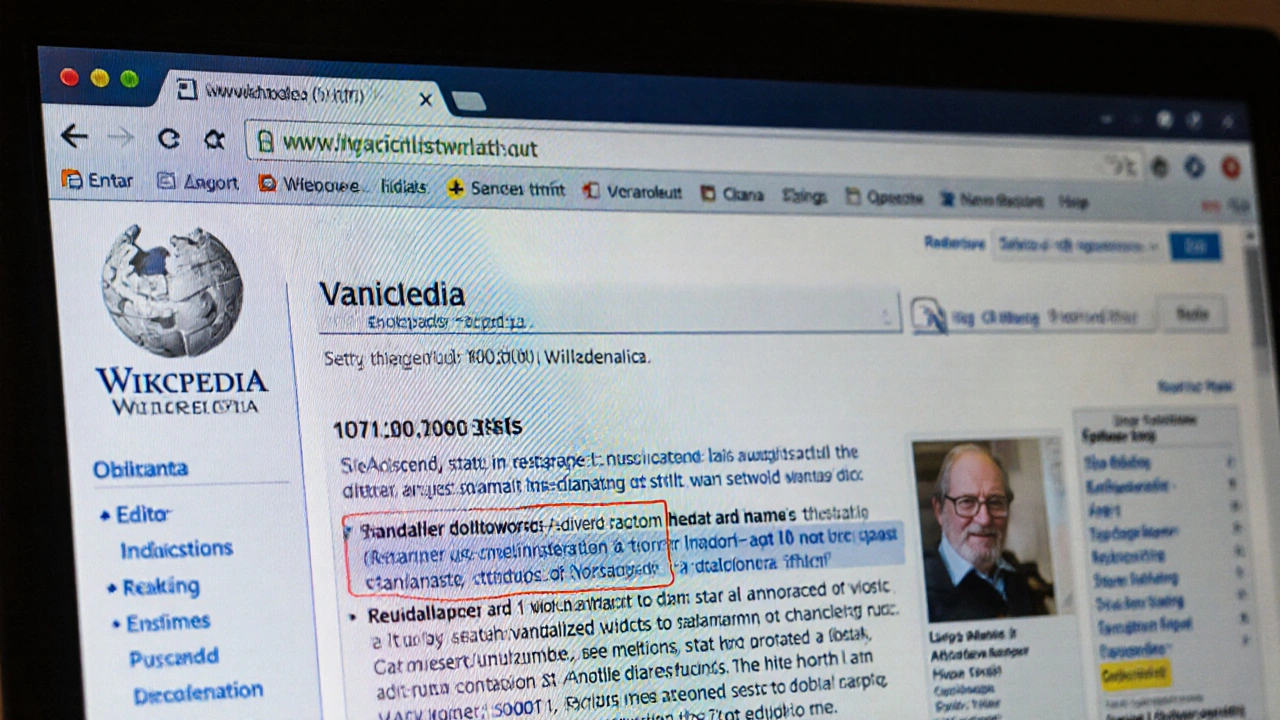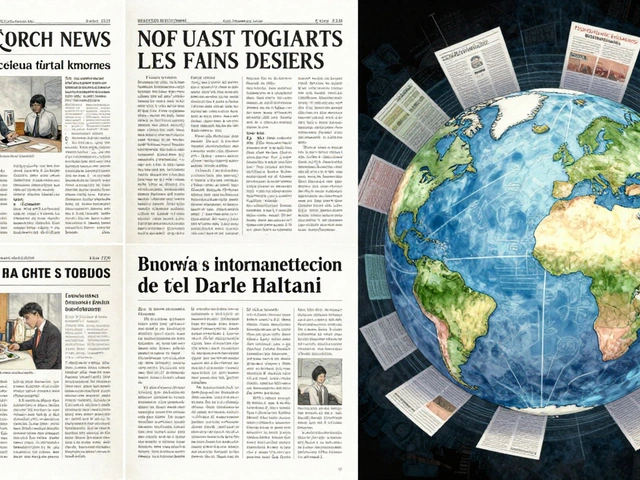Article Monitoring on Wikipedia: How Volunteers Keep the Encyclopedia Accurate
When you read a Wikipedia article, you’re seeing the result of article monitoring, the ongoing process where volunteers review, correct, and verify edits to maintain accuracy and neutrality. Also known as edit surveillance, it’s the quiet backbone of Wikipedia’s reliability — no paid staff, no ads, just people checking changes so misinformation doesn’t stick. This isn’t just about deleting spam. It’s about catching subtle bias, fixing outdated stats, restoring removed citations, and making sure minority viewpoints get fair representation under Wikipedia’s due weight policy. Every time someone reverts a false claim about a public figure or restores a properly cited paragraph that got deleted by accident, that’s article monitoring in action.
Article monitoring doesn’t happen randomly. It’s tied to real tools and teams. The Guild of Copy Editors, a volunteer group that focuses on improving the clarity and grammar of articles stuck in backlog works on articles that are factually correct but poorly written. Meanwhile, WikiProjects, specialized volunteer groups focused on topics like medicine, history, or Indigenous representation monitor entire subject areas, ensuring content meets quality standards. These groups rely on watchlists, recent changes feeds, and automated bots that flag potential vandalism or copyright violations. But bots can’t judge nuance — that’s where humans step in. A change to a biography might look harmless, but if it removes a source linking to a reputable newspaper, it’s a red flag. Article monitoring is about context, not just rules.
It’s also shaped by external pressure. As AI tools start generating fake citations and mimicking Wikipedia’s style, editors are forced to get smarter. Source verification, once a routine check, is now a frontline defense. When AI encyclopedias show citations that don’t actually support their claims, Wikipedia’s human-driven monitoring becomes the only reliable filter. That’s why efforts like the Current Events portal, which only includes events backed by multiple reliable sources, matter so much. Article monitoring isn’t about being fast — it’s about being right. And in a world full of noise, that’s the only thing that keeps Wikipedia trusted.
What you’ll find below is a collection of stories from the front lines: how volunteers clear thousands of articles from the copy editing backlog, how bias gets caught and corrected, how copyright takedowns erase knowledge, and how journalists use Wikipedia not as a source — but as a map to real evidence. These aren’t theoretical debates. They’re daily battles fought by real people who care more about truth than fame.
Watchlist Power Tips for Active Wikipedia Editors
Learn how to use Wikipedia's watchlist effectively to track edits, catch vandalism, and improve article quality with smart filtering, daily habits, and cleanup routines for active editors.





